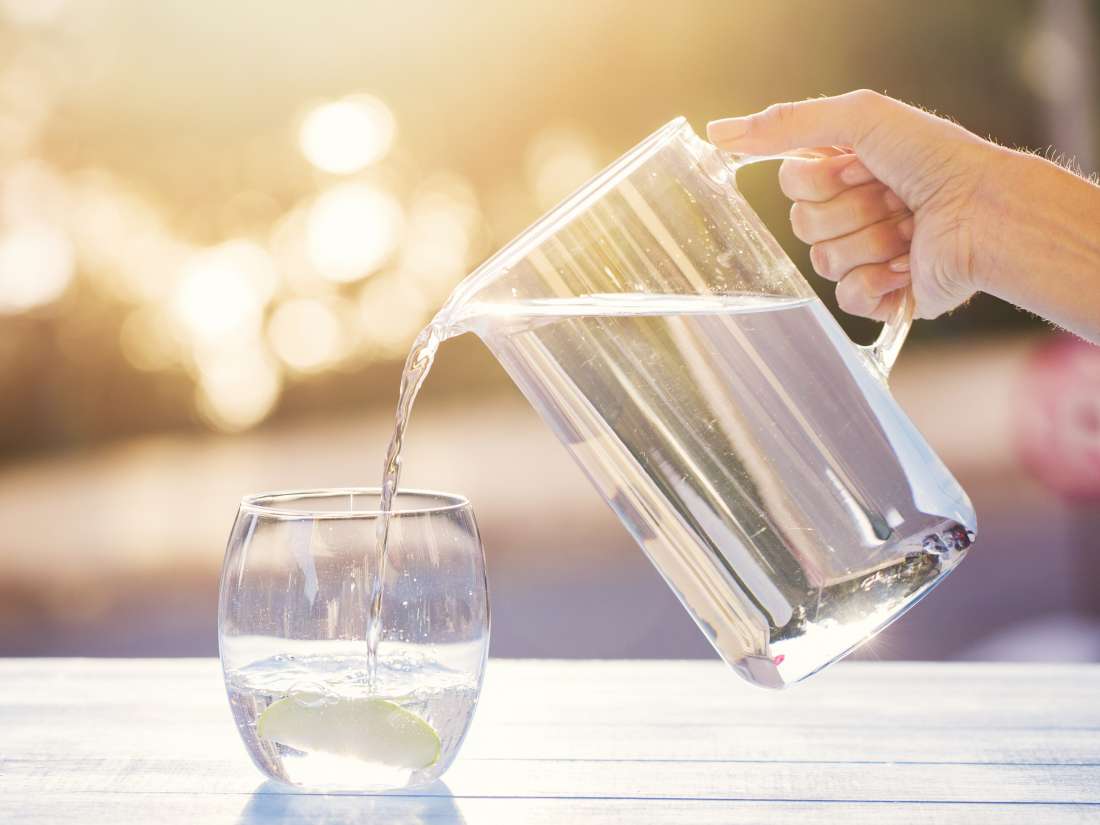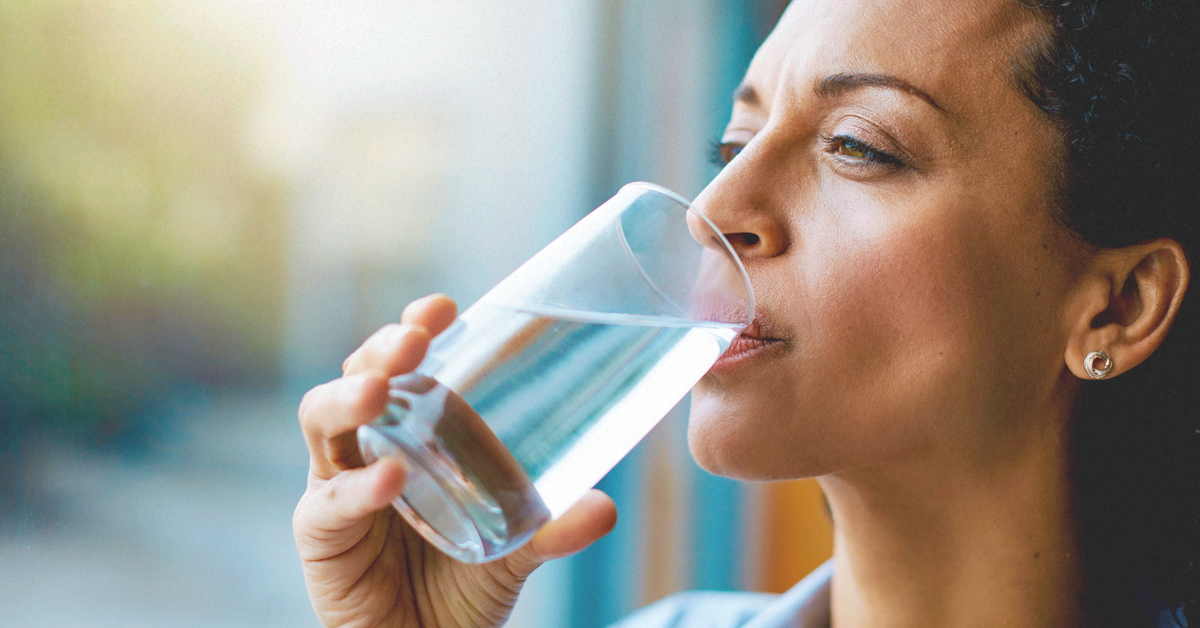Carbonated water (also known as soda water, sparkling water, fizzy water, water once gas or (especially in the U.S.) as seltzer or seltzer water) is water containing dissolved carbon dioxide gas, either artificially injected under pressure or stirring due to natural geological processes. Carbonation causes small bubbles to form, giving the water an effervescent quality. Common forms tote up sparkling natural mineral water, club soda, and commercially-produced glowing water.
Club soda and sparkling mineral water and some new glowing waters contain supplementary or dissolved minerals such as potassium bicarbonate, sodium bicarbonate, sodium citrate, or potassium sulfate. These occur naturally in some mineral waters but are afterward commonly extra artificially to manufactured waters to mimic a natural sky profile. Various carbonated waters are sold in bottles and cans, taking into consideration some next produced upon request by trailer carbonation systems in bars and restaurants, or made at home using a carbon dioxide cartridge.
Carbonated water is a key ingredient in soft drinks: endearing beverages that typically consist of carbonated water, a sweetener and a flavoring, such as cola, root beer, or tawny soda. Plain carbonated water is often consumed as an interchange to soft drinks; some brands, such as La Croix, build unsweetened seltzer products that are lightly flavored by the accessory of aromatic ingredients such as necessary oils. Carbonated water is often consumed contaminated in the manner of fruit juice to make sparkling punches or extra cocktails, or infused subsequently heavens by the complement of cut-up roomy fruit or mint leaves.
Stay Hydrated and Be Ready to Learn - Healthy Kids Today
How Long Can You Live Without Water? Effects of Dehydration
How much water should I drink each day?



No comments:
Post a Comment